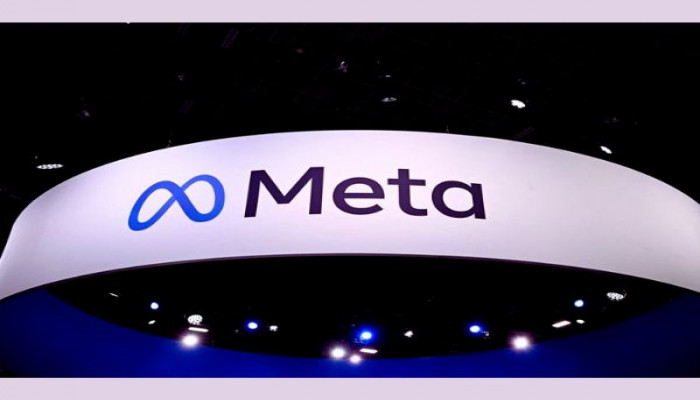Meta to build 50,000-km undersea cable spanning five continents
- In Reports
- 06:35 PM, Feb 19, 2025
- Myind Staff
Meta, the parent company of Facebook and Instagram, has announced plans to lay a massive undersea cable spanning five continents to enhance global data transmission and support the development of artificial intelligence (AI). The project aims to expand digital connectivity and strengthen internet infrastructure worldwide.
The 50,000-km undersea cable will connect key regions, including the United States, South Africa, India, Brazil, and other locations. The company revealed details of the initiative in a blog post on Friday, highlighting its commitment to improving data flow across continents.
Undersea cables serve as the backbone of global digital communication, with nearly 1.2 million kilometers of subsea infrastructure already in place, according to a 2024 report by the US-based Centre for Strategic and International Studies (CSIS). These cables range from short connections between neighbouring countries to extensive systems linking multiple continents.
The planned cable will consist of multiple pairs of fiber-optic cables enclosed in a durable armoured sheath. In many regions, the cables will be buried several metres under the seabed to protect them from damage. These conduits play a crucial role in handling vast amounts of data traffic, facilitating faster internet speeds, lower latency and seamless communication across borders.
Historically, dedicated telecommunications providers dominated the undersea cable industry. However, in recent years, data-driven tech giants like Meta, Google and Amazon have begun investing in these projects to meet their increasing bandwidth and data processing demands.
Meta’s undersea cable project reflects the growing need for advanced digital infrastructure to support AI development, cloud computing and high-speed global connectivity. As demand for data transmission continues to rise, initiatives like this will play a vital role in shaping the future of digital communication worldwide.







Comments